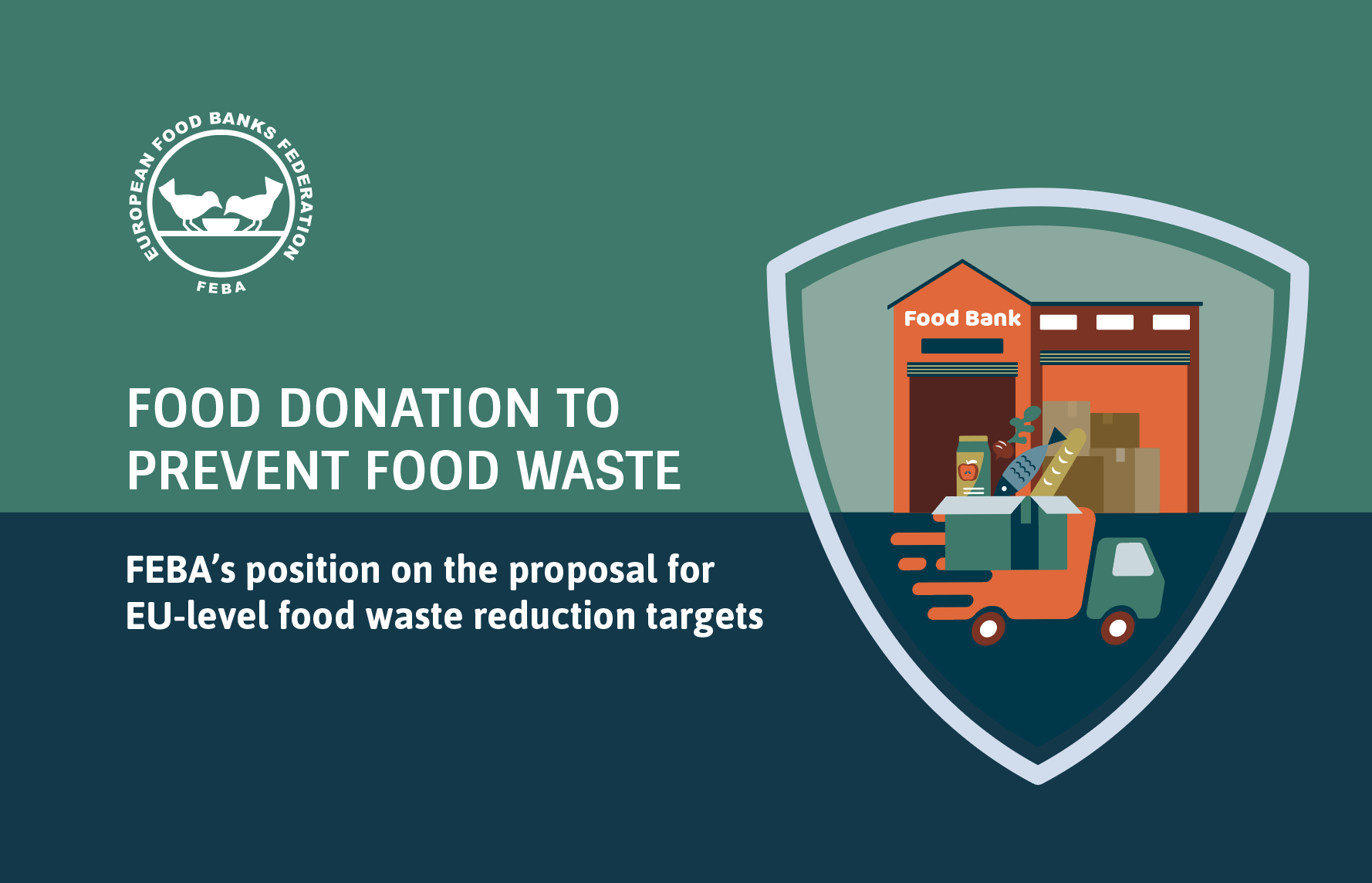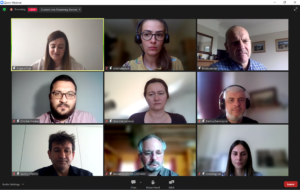On 20 May 2022 the European Food Banks Federation organized the webinar “Food Donation to prevent food waste. Best practices of Food Banks to foster equitable food security in times of social, economic, and environmental crises”.
On this occasion FEBA published a policy report presenting the position of the organisation and its members on the European Commission’s proposal for EU-level food waste reduction targets was published on the occasion of the event.
The report is the result of a collaboration between FEBA and its members and has been released with support from Global Counsel as part of their Social Impact Programme.
Besides reflecting on the policy options in question, the report highlights the relevance of changing the perspective: moving from the notion of reducing food waste towards the idea of increasing Food Donation as an effective and efficient measure to both prevent the waste of precious resources and raise the food quantities redistributed to people in need.
The webinar was opened by Fabien Santini from DG AGRI who is also responsible for the European Food Security Crisis preparedness and response Mechanism (EFSCM) as keynote speaker.
Best practices from FEBA Members in 5 EU Member States were included in this report to highlight different ways of preventing wood waste along the food chain. These cases were also presented by representatives from the different Food Banks during the launch event. The case studies started off with the Food Bank in Greece, who recover fresh produce from the manufacturing and distribution sector. This was then followed by the example of the Fédération Française des Banques Alimentaires, that collaborates with the manufacturing sector. In addition to that Česká Federace Potravinových Bank, the Food Bank in Czech Republic, transforms food in local Food Banks. In Italy Banco Alimentare implements the Siticibo programme to recover food from the distribution, catering and HORECA (Hotel, Restaurant, and Catering) sector. Last but not least the Food Bank in Ireland, FoodCloud, presented its system of virtual food banking.
The case studies were followed by a panel discussion with representatives Bartosz Zambrzycki and Cristina Lisetchi from DG SANTE as well as Bruce Learner from Kellogg Europe on the role of legally binding food waste reduction targets and a Q&A.
Read the report here or watch the recordings of our event here





